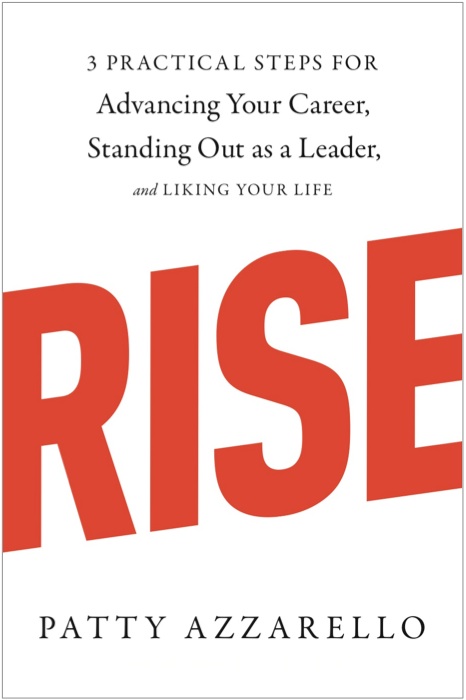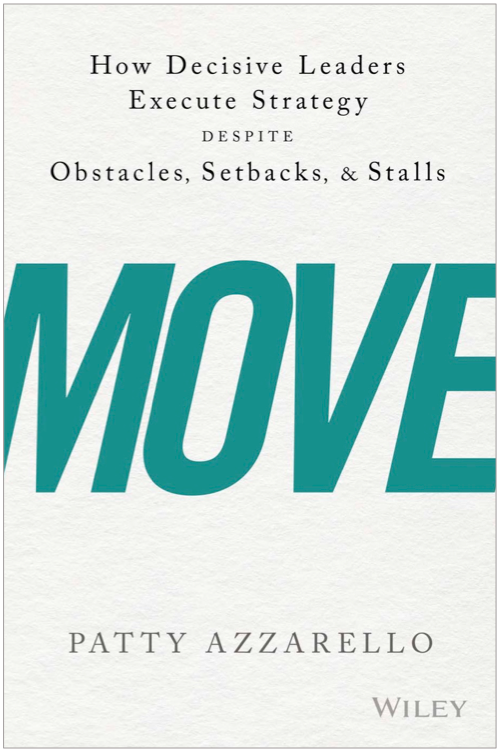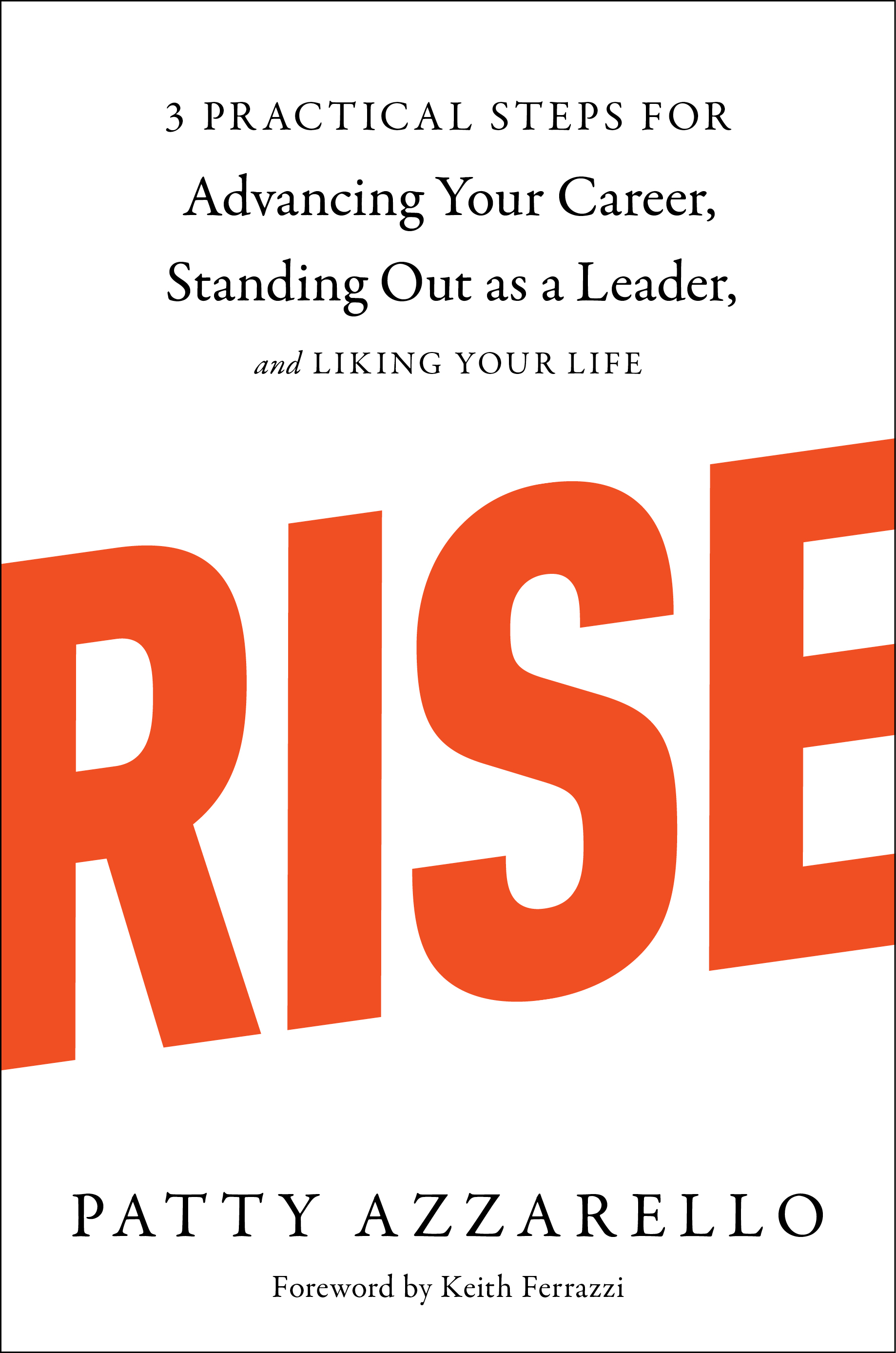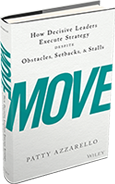What do you think when people fail to support you, or seem to actively put obstacles in your way, or fail to deliver what they said they would?
Do you get frustrated and angry? Or Are you curious about what went wrong?
Your assumptions drive outcomes
Your assumptions about someone’s guilt or innocence drive your reactions, your behaviors, and more importantly, the outcomes you get.
For example: If your spouse gets home really late without calling:
- If you presume innocence: You might worry that they are dead on the side of the road, and be hugely relieved and super-nice to them when they return.
- If you presume guilt: You might think they are lying and cheating, and throw their clothes out on the lawn and lock the door.
What will you do?
How useful will your rage and accusations be if they got a flat tire and their cell phone battery died?
This type of mis-understanding happens all the time in business.
When someone makes a decision that harms you, or they seem to be ignoring you, or they back out on a commitment, there is a tendency to assume the worst – They did it on purpose with full knowledge that it is bad for you. Guilty!
I reconstructed the table below from something I saw many years ago.
It’s a good way to think about how different your reaction might be if you presume innocence instead of guilt.
If they are not acting against you on purpose, if they are just incompetent, your action plan will be very different (and a lot less trouble) than if you assume they were out to get you.
Assuming Guilt is not productive
The punch line here is that presuming guilt is always less productive than presuming innocence. Presuming innocence always focuses you on an action plan to move forward.
Presuming guilt focuses you on negative, defensive thoughts (and maybe revenge).
It rarely focuses your thoughts and actions on getting the positive outcome.
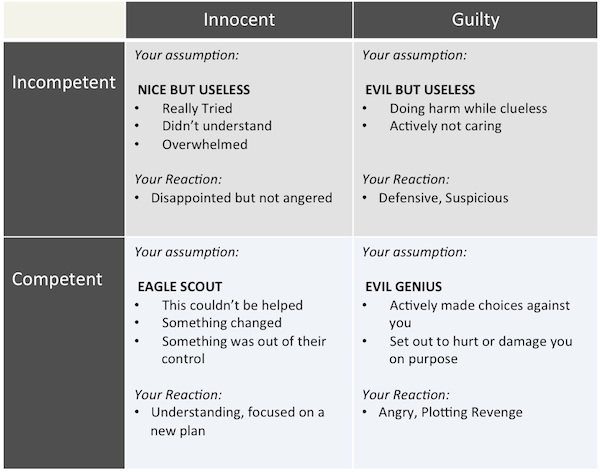
Why not Presume Innocence First?
Get some data.
Find out what really happened before you jump to the conclusion that the person is an evil mastermind, plotting against you, on purpose, with great skill and precision.
For example:
If a colleague promised to give you some help on something that was vitally important to you, and then failed to do so:
If you think they are Guilty and Competent…
(EVIL GENIUS)
You might believe that they knew exactly what they were doing, and chose to leave you hanging. They lied. You might think that they are setting you up to fail, to ruin your reputation, or keep you from succeeding or advancing.
You might get angry because you assume they did you wrong on purpose.
You might confront them, or pick a fight. You might try to find a way to get back at them, or harm their reputation.
But what if you were wrong?…
What if they are Innocent — and Competent?
(EAGLE SCOUT)
If you start with the presumption that they are innocent, you might think:
1. This is a person I want to keep on my team
2. There must be a good reason they didn’t they do what they said they would do.
If you presumed innocence you would naturally want to find out what happened and why.
What do they know that you don’t? What changed since the agreement?
You might learn that there was an important reason they didn’t do what was expected, and that they are still planning to help you. Or they did do it, but it got blocked somewhere before it reached you. Or someone down the line changed it, or gave you the wrong information about what happened.
Good Outcome:
With the knowledge that this is a competent person with good intentions, you can still get what you need, because you didn’t piss them off with your “guilty”-fueled reaction.
You preserved the relationship by being respectful and focused on the facts and the outcome. You might have even learned something about how the overall system works, so you can avoid this happening again.
What if they are just Incompetent?
(NICE BUT USELESS)
Did they try? What got in the way?
They might be overwhelmed with other things. Or they didn’t realize what the true measure of success or quality was. They did their best but messed something up. Perhaps the task was simply beyond them.
You might offer some assistance to them. Help them help you. You could give them another chance. You might still get what you need.
Or with the facts, you might both decide that after all, that as much as they’d like to help, they actually don’t have the capability to help you. So you move on, you move forward.
It turns out they were not out to get you. So at least you have not wrongly accused someone of malicious intent and burned a bridge.
Get the facts before you react
In my experience, you always get a better outcome if you presume Innocence first. And you most definitely get a better outcome if you get the facts about why things happened the way they did before you make any judgment, about someone’s Guilt, Innocence or Competence.
If you presume innocence first, you are more likely to be able to get the facts because you won’t be putting people off, or making them defensive in the process. Then you’ll have real data to work from.
But what if they ARE Guilty?
(EVIL GENUIS)
OK, so what if the are really out to get you?
If after you get the facts, you discover they are indeed Guilty — they really don’t support you, they are ignoring you on purpose, they are out to sabotage your career, make you look bad, or throw you under the bus — by all means, confront it and deal with it.
But by presuming innocence first, you’ll have more real facts to deal with that too.
Even in the case of true sabotage, assuming innocence first will give you more facts and more power to fight for what is right.
What do you think?
Join the conversation about this on my facebook page.
Was this useful?
If you found this article useful, please help me share it with others and encourage them to subscribe to this Blog for free.
Patty Azzarello is an executive, best-selling author, speaker and CEO/Business Advisor. She became the youngest general manager at HP at the age of 33, ran a billion dollar software business at 35 and became a CEO for the first time at 38 (all without turning into a self-centered, miserable jerk)
You can find Patty at www.AzzarelloGroup.com, follow her on twitter or facebook, or read her book RISE…3 Practical Steps for Advancing Your Career, Standing Out as a Leader, AND Liking Your Life.
